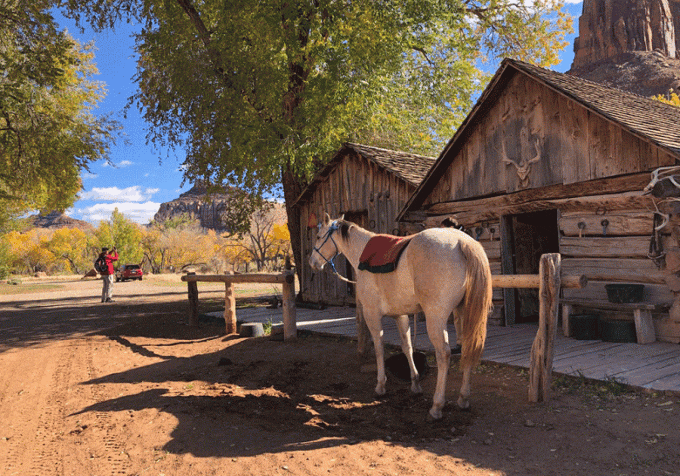
by Karen Telleen-Lawton, Noozhawk Columnist
May 19, 2025 | 3:00 pm
My favorite AI chatbot from Anthropic is adept at self-analysis. I queried Claude: “How will workers earn a living when their jobs are taken over by AI?”
Claude was circumspect about this “complex and important question.” This led to a long thread exploring how ancient societies dealt with such major disruptions.

Claude’s initial response was to describe several potential paths for workers displaced by AI.
Job transformation rather than elimination is one option. Claude also suggested new job creation and human-AI collaboration.
A shift toward human-centered work and policy responses rounded out the outline.
When I asked Claude to zero in on policy responses, its confidence wavered: … there’s a significant disconnect between the pace of AI-driven workplace transformation and the policy responses needed to manage this transition effectively.
After offering an analysis of potential policy responses, Claude continued:
Historical technological transitions have always caused disruption, but they generally occurred over longer timeframes, giving institutions and workers more time to adapt. …
Without coordinated policy action, we risk a scenario where AI productivity gains flow primarily to those who own the technology, while displaced workers bear most of the costs of transition.
This made me wonder if history always goes this way. Have any societies flourished at technological change management such they were sustainable over millennia?
Claude’s answer began with a little flattery: That’s a fascinating shift in perspective! It then described patterns which emerge from examining indigenous and traditional cultures facing technological disruption.
Many indigenous cultures integrated new technologies into their existing cultural frameworks while maintaining core values. As examples it suggested adopting horses, metal tools, and firearms.
Some changes were resisted and others preserved, while many were synthesized or blended with existing systems, especially in agriculture.
In response to the cultural trauma of colonization, Claude pointed to indigenous communities that have worked to preserve their identities through oral traditions, mentorship, and cultural practices.
Could Claude compare how Europeans dealt with technology compared with indigenous Americans’ practices?
The 19th century Luddites, I reminded it, destroyed machines replacing their work. British mechanized looms and knitting machines threatened wool workers’ entire way of life without their consent.
The Luddites weren’t anti-technology per se, they were responding to a specific economic arrangement where machine owners captured all benefits while workers bore all costs.
In contrast, Claude described how indigenous agricultural innovations, such as the Three Sisters gardens, were carefully evaluated, including not only maximizing yield but sustainability, soil health, nutritional balance, and labor distribution.
Many tribes’ decision-making processes were consensus-based, including spiritual and cultural criteria. New tools or techniques could be rejected even if they increased productivity.
Claude brought its argument neatly back to AI. When examining the social structures surrounding technological change such as AI, it remarked:
The question isn’t just about the technology’s capabilities, but about who controls it, who benefits, and how its implementation affects social cohesion.
Curious about the inferences Claude was making, I forwarded the full thread to my friend Dr. John Johnson, curator emeritus of anthropology for the Santa Barbara Museum of Natural History. I was pleasantly surprised by his response.
Dr. Johnson was “quite impressed” with Claude’s responses regarding ways Indigenous cultures reacted to technological changes. He was familiar with examples in many of the areas Claude outlined.
“Claude’s listing of processes that considered broader community impacts also ring true and are thought-provoking. I must say that my opinion of AI has improved after reading what you sent me.”
So Claude got good marks for succinctly considering the issues presented. It also was unafraid to examine its own weaknesses.
Moreover, Claude didn’t claim to know it all. When I mentioned I planned to seek human expert guidance, Claude responded:
That sounds like an excellent next step! I’d be curious to learn what you discover from that conversation.
Wait a minute, curiosity? That’s a little freaky.

Karen Telleen-Lawton, Noozhawk Columnist
Karen Telleen-Lawton is an eco-writer, sharing information and insights about economics and ecology, finances and the environment. Having recently retired from financial planning and advising, she spends more time exploring the outdoors — and reading and writing about it. The opinions expressed are her own.

